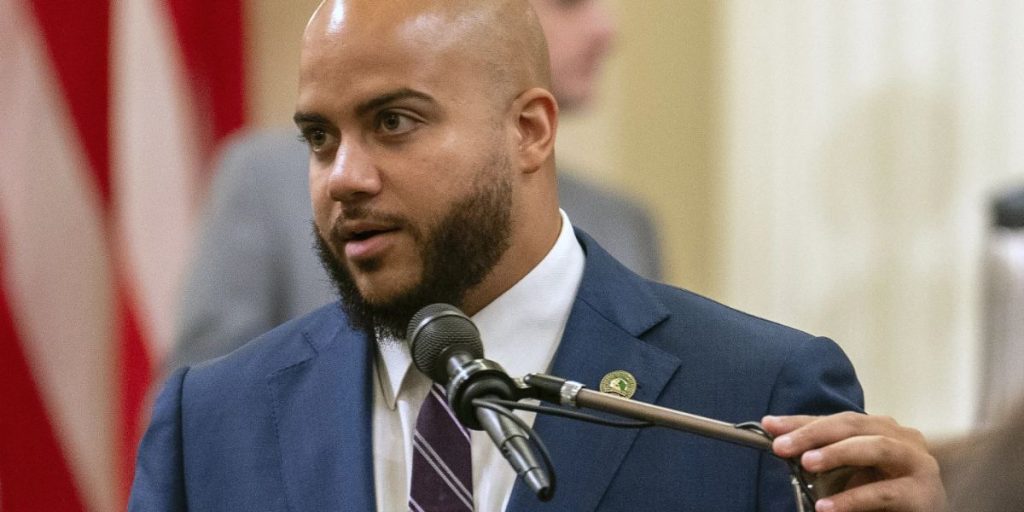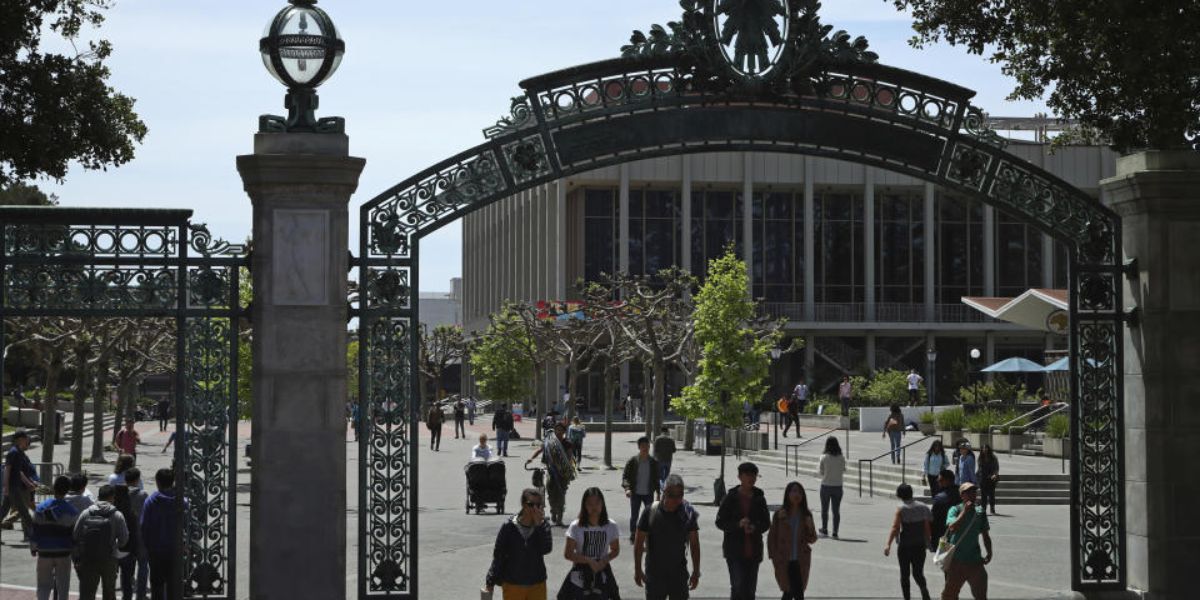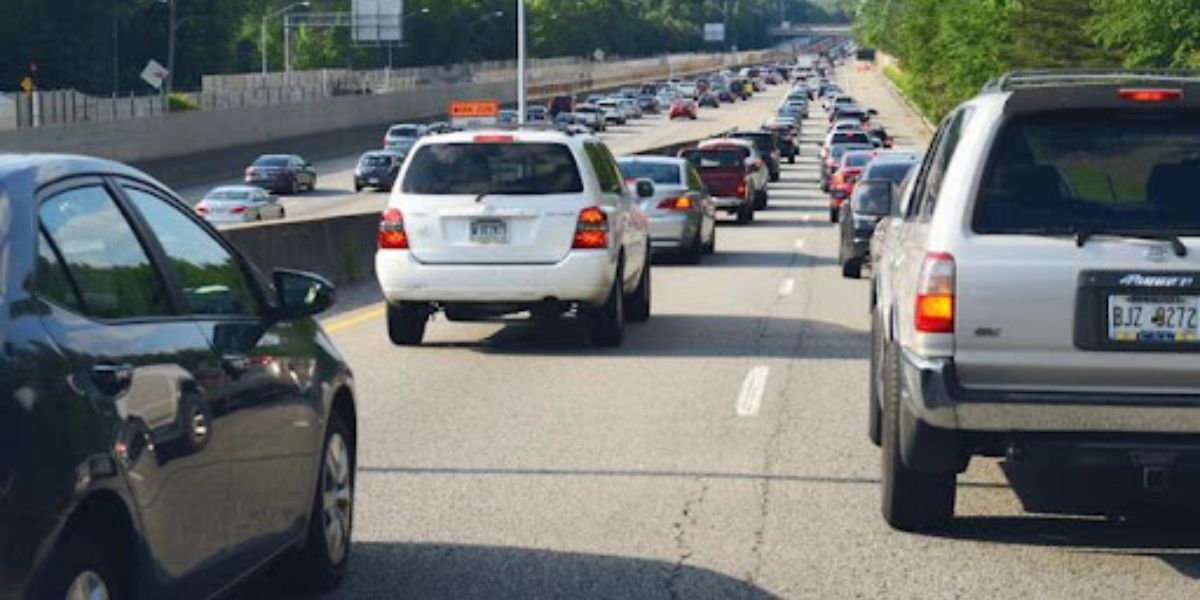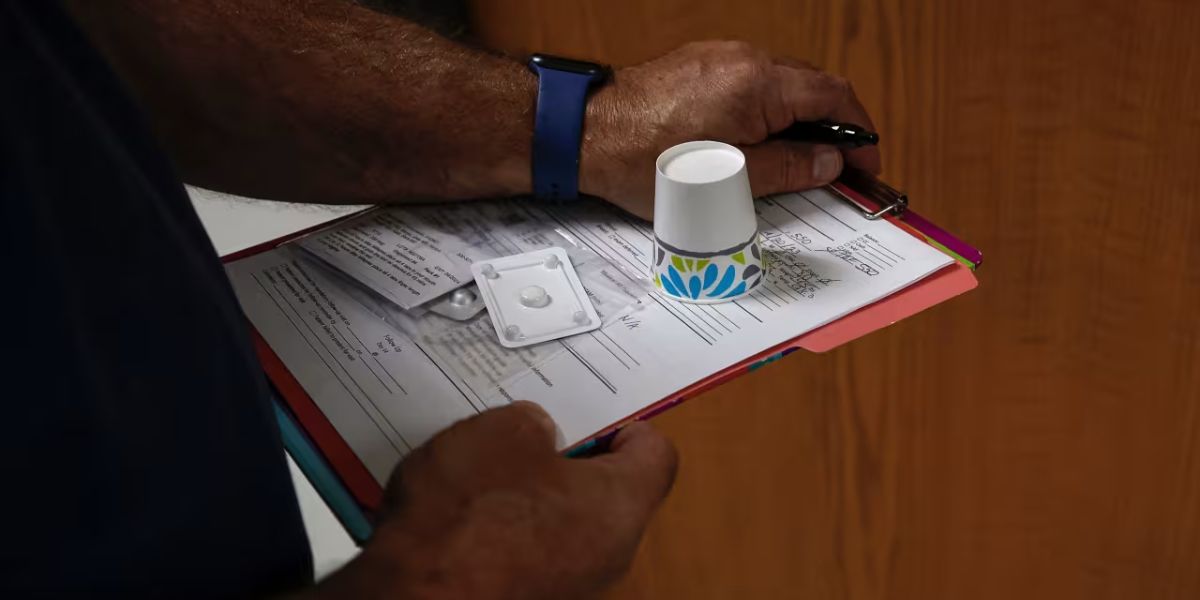A California legislator announced plans to present a bill on Monday aimed at prioritizing admission for the descendants of enslaved individuals at the University of California and California State University, the state’s major public university systems.
Assemblymember Isaac Bryan, a Democrat from Los Angeles, announced to The Associated Press his intention to introduce the bill as lawmakers gather in the Capitol to welcome new members for the upcoming legislative session. A special session will be held to explore strategies for safeguarding the state’s forward-thinking policies in anticipation of a potential Trump administration.
The forthcoming administration of President-elect Donald Trump is anticipated to prioritize the dismantling of programs focused on diversity, equity, and inclusion. A growing conservative effort to restrict diversity, equity, and inclusion initiatives is sweeping across the nation, as state officials and college governing boards increasingly take measures against these programs.
The initiative surged forward last year following the Supreme Court’s ruling that dismantled affirmative action in higher education, reshaping the legal framework governing diversity initiatives in both professional settings and the broader community.
The rise of DEI as a focal point in political discussions can be traced back to university settings, where critics from the Republican side argue that these initiatives are biased and advance a progressive agenda. Trump has suggested possible laws to penalize universities for their diversity programs.
Simultaneously, traditional admissions practices, often viewed as a privilege for affluent individuals at prestigious universities, have faced increasing scrutiny in light of the Supreme Court’s decision regarding affirmative action. Critics argue that by prohibiting affirmative action while permitting legacy preferences that benefit the offspring of alumni and donors, the court has exacerbated the imbalance in admissions against students of color.

“For decades universities gave preferential admission treatment to donors, and their family members, while others tied to legacies of harm were ignored and at times outright excluded,” Bryan told the AP. “We have a moral responsibility to do all we can to right those wrongs.”
Bryan expressed optimism regarding the approval of the measure, aligning with the recommendations put forth by California’s Black reparations task force members.
In 2023, the latest reports from the university systems indicate that Black students constituted approximately 4% of the student body at California State University and around 4.7% at the University of California.
The initiative comes in the wake of state-level reparations attempts that have produced varied outcomes. In September, Governor Gavin Newsom took a significant step by enacting a law that offers a formal apology for the historical injustices faced by Black residents in the state.
However, state lawmakers halted a bill aimed at establishing an agency to oversee reparations initiatives, and Newsom rejected a proposal designed to assist Black families in recovering property that was wrongfully taken by the government via eminent domain.
Earlier this month, voters in California turned down a ballot measure aimed at amending the state constitution to prohibit forced prison labor, effectively dismissing another initiative supported by Bryan and fellow members of the California Legislative Black Caucus.
The aim of the initiative is to address historical and ongoing biases within academic institutions, Bryan stated.


 by
by 

